Games for Cities
#4International City-Gaming Conference
20 - 21 April 2017
The Games for Cities programme hosted the first international conference on city-games, with leading ‘city-game’ design experts from around the world together with urbanists and decision makers, exploring the role for play and games in citymaking strategies.
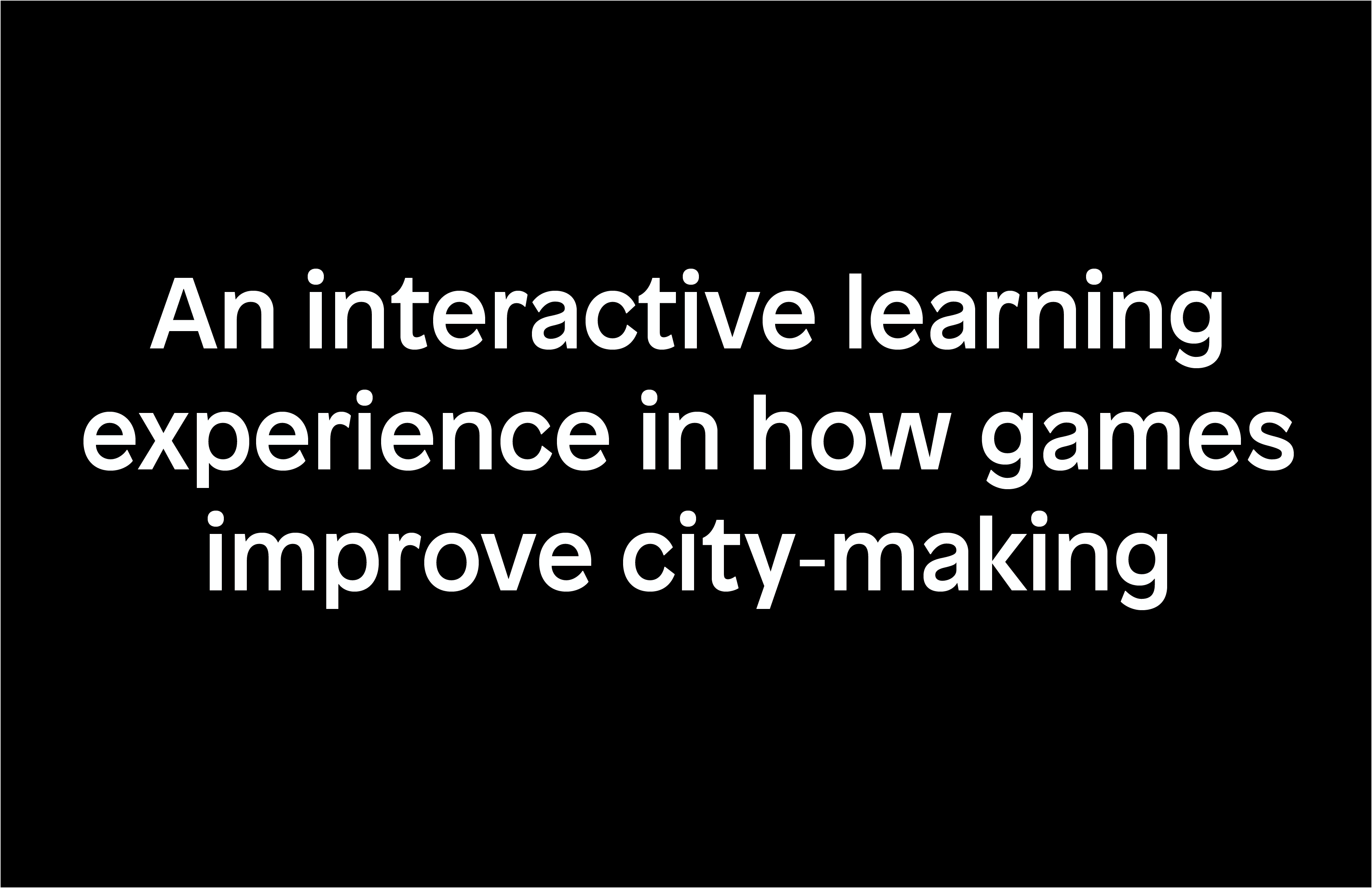
smalltalk with Eric Gordon
Eric Gordon directs the Engagement Lab at Emerson College in Boston. As one of the keynote speakers at the 1st Games for Cities conference held in Rotterdam (April 2017), we racked his brain later in the day on the potentials of games and play for cities.
Download out Eric’s full presentation here
smalltalk with Paolo Pedercini
Paolo Pedercini teaches experimental game design and media production courses at Carnegie Mellon University’s School of Art. He is mostly know for his radical videogaming project Molleindustria. As one of the keynote speakers at the 1st Games for Cities conference held in Rotterdam (April 2017), we racked his brain later in the day on the potentials of games and play for cities.
Check out Paolo’s full presentation here
Invited Speakers
1.
Paolo Pedercini
Paolo Pedercini is a game designer specialising in social critique through apparently simple casual video games, where he integrates digital storytelling and game-based mechanics with the discursive genres of satire and propaganda. He currently teaches media production and an experimental game design class at Carnegie Mellon University in Pittsburgh, Pennsylvania, and has lectured in several universities across Europe and the USA. He is the founder of Molleindustria, a project of re-appropriation of videogames that since 2003 has excelled in the creation of products testing the boundaries of gaming. With games ranging from satirical business simulations (McDonald’s Video game, Oiligarchy) to meditations on labor and alienation (Every day the same dream, To Build a Better Mousetrap, Unmanned), and from playable theories (the Free Culture Game, Leaky World) to politically incorrect pseudo-games (Orgasm Simulator, Faith Fighter) — a politically charged message is what ties them together. Although his work exists primarily online, it has been exhibited internationally at festivals, galleries and museums including the Sundance Festival, the EMP Museum, Victoria & Albert Museum, Hammer Museum, Games for Change, Gwangju Design Biennale, Indiecade, FILE Brazil, LABoral, and ZKM. Molleindustria received broad international coverage by major media publishers such as The Guardian, BBC, the New York Times, the Washington Post, The Times, and many others. His latest game, Nova Alea – the first in a series of urban themed games – is set in a city torn apart by social inequality, as players are forced into the role of urban gentrifiers, shining a light on gentrification as a structural system of exclusion. His games urge players to think, exposing the dark-side of politics; and once played with, his messages are difficult to forget.
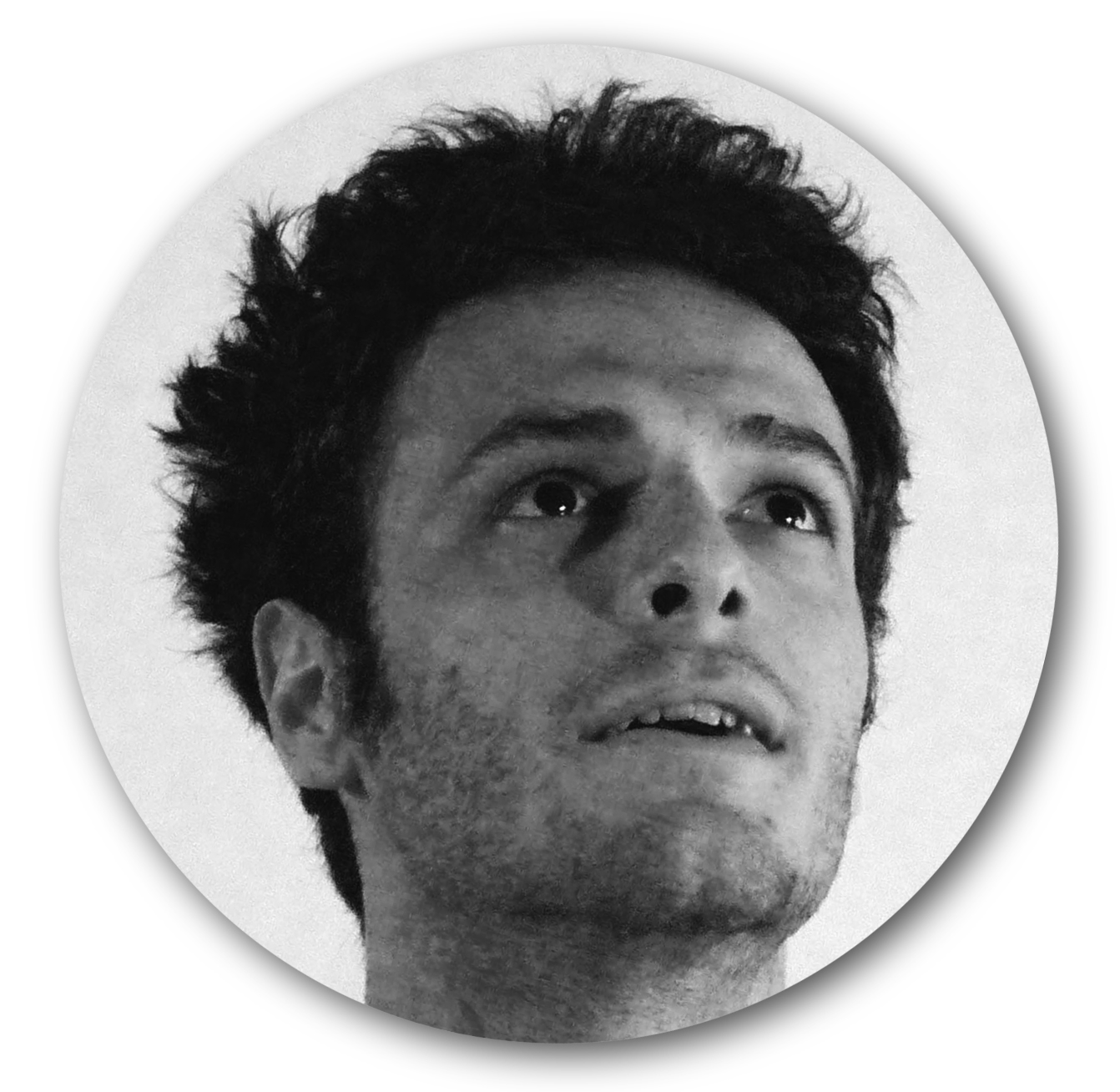 Paolo Pedercini, founder of Molleindustria, game design lecturer at Carnegie Mellon University in Pittsburgh, Pensylvania
Paolo Pedercini, founder of Molleindustria, game design lecturer at Carnegie Mellon University in Pittsburgh, Pensylvania
2.
Eric Gordon
Eric Gordon is an Associate Professor and the founding director of the Engagement Lab at Emerson College – an applied research lab on the future of civics. He is also a faculty affiliate at the Berkman-Klein Center for Internet and Society at Harvard University. His work focuses on games and playful engagement in civic life. He has designed games for organisations such as the UN Development Program, the International Red Cross / Red Crescent, and the World Bank, as well as municipal governments throughout the United States. He is the author of a number of articles and chapters on games, digital media, urbanism and civic engagement, as well as of two books: Net Locality: Why Location Matters in a Networked World (with Adriana de Souza e Silva) (Blackwell, 2011) and The Urban Spectator: American Concept Cities From Kodak to Google (Dartmouth, 2010). His edited volume (with Paul Mihailidis) entitled Civic Media: Technology, Design, Practice (MIT Press, 2016) brings together over 50 scholars and practitioners interested in emergent civic practice. His most recent work focuses on how games and play can reshape urban governance.
 Eric Gordon; Associate Professor and Director and founder of the Engagement Lab at Emerson College in Boston.
Eric Gordon; Associate Professor and Director and founder of the Engagement Lab at Emerson College in Boston.
3.
Alfredo Brillembourg
Alfredo Brillembourg is an architect and lecturer, and co-founder of Urban-Think Tank (U-TT) with Hubert Klumpner (in 1998). They have offices in both Caracas and Zurich, and regularly . He holds the position of guest professor at the University Jose Maria Vargas, the University Simon Bolivar and the Central University of Venezuela. He is also a guest professor at the Graduate School of Architecture and Planning at Columbia University, where he co-founded the Sustainable Living Urban Model Laboratory (S.L.U.M. Lab), also with Hubert Klumpner. Since 2010, Brillembourg and Klumpner hold the chair for Architecture and Urban Design at the Swiss Institute of Technology (Eidgenossische Technische Hochschule, ETH) in Zurich, Switzerland. As co-principle of U-TT, Brillembourg has received the 2010 Ralph Erskine Award, the 2011 Holcim Gold Award for Latin America, the 2012 Holcim Global Silver Award for innovative contributions to ecological and social design practices, and the 2012 Venice Biennale of Architecture Golden Lion. He has presented at numerous international conferences, in Boston, Berlin, Caracas, Miami and Switzerland, and now in Rotterdam. He is interested in alternative forms of civic engagement in urban planning and architecture, and has been applying gaming methods in Cape Town’s largest informal settlement, Khayelitsha, as a way of broadening inclusion in the planning process. Recently he has been involved with developing a programme at ETH Zurich on gaming applications for tackling urgent urban issues. He is joined by architect, researcher and lecturer, Michael Walczak, whose main focuses are on digital technologies in Architecture and research in computational urban design. Since 2016, he has been a lecturer at the University of Applied Sciences and Arts Northwestern Switzerland (FHNW) in Muttenz. From 2017 he is also scientific assistant at Urban Think Tank Chair of Architecture and Urban Design at ETH Zurich, and has been very involved with developing the University’s gaming programme.
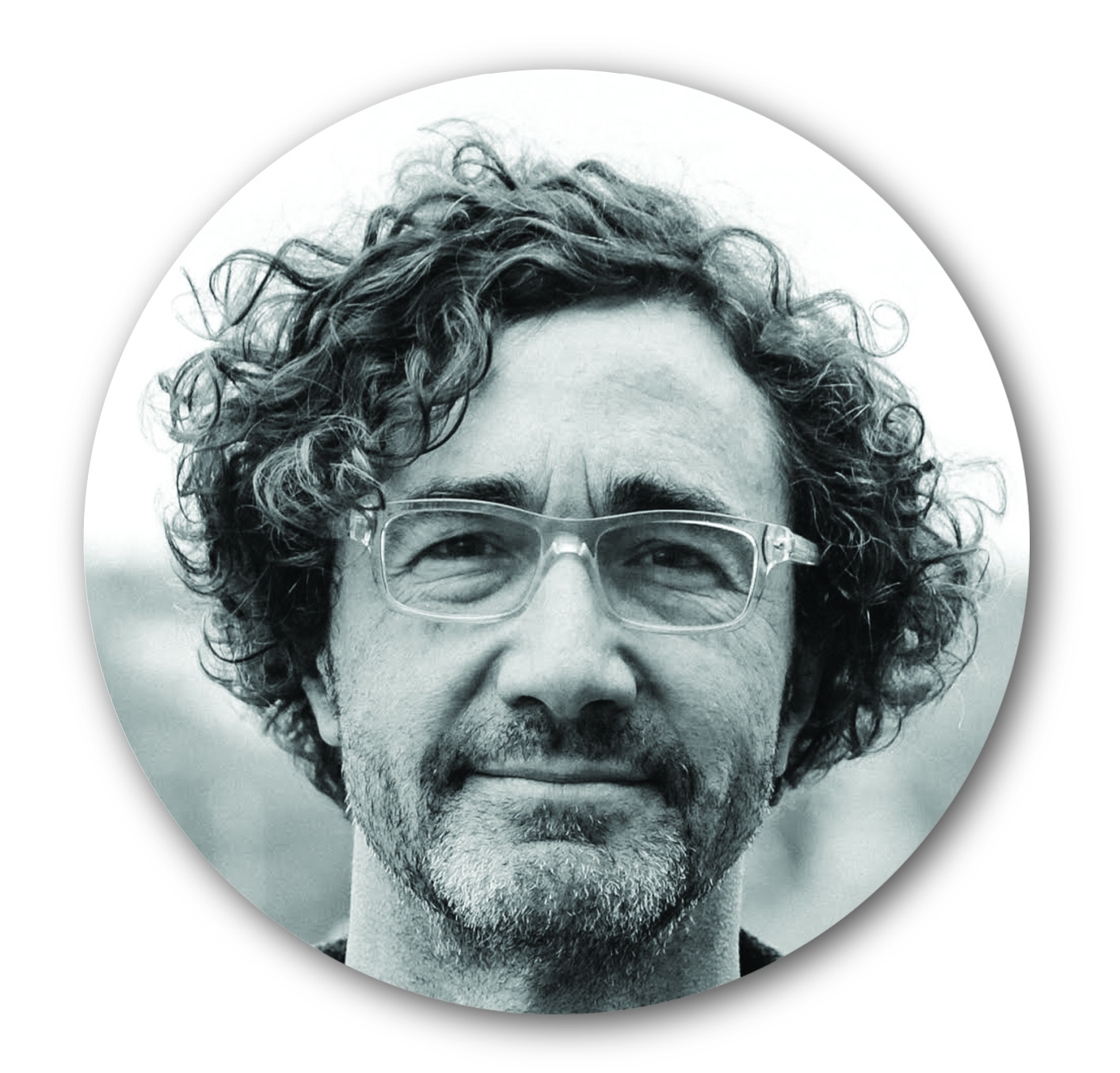 Alfredo Brillembourg, Professor of Architecture and co-founder of Urban-Think Tank (U-TT)
Alfredo Brillembourg, Professor of Architecture and co-founder of Urban-Think Tank (U-TT)
4.
Felix Madrazo
Felix Madrazo is an architect, researcher and lecturer with a very diverse resume of projects and achievements. He currently lectures at The Why Factory, TU Delft, and is co-founder of IND [Inter.National.Design], an award winning architecture and urban planning firm. Finally he dedicates research efforts as co-founder of Supersudaca – an urban think tank focusing on Latin American cities. His background includes working for OMA*AMO as project architect, researcher and editor on several projects and being a fellow of the Caracas Urban Think Tank researching informal cities. Within The Why Factory, he has explored the agenda of the future of cities through several studios, with an approach that is experimental and research based aiming at producing observations, hypotheses and statements in both a visual and direct manner. He is the editor and co-author (with Winy Maas) of the book City Shocks: Planning the Unexpected (2013). With the Why Factory studio on Egocity the research was focused on how to use gaming tools to solve conflicts between highly individualistic citizens within a restrained envelope. Also as tutor at the Berlage Institute he was involved in the creation of a simulative game to investigate the relationship between density and anarchy in this future vision for cities. This studio explored the ways in which direct democracy can be applied to the design phases of urban interventions. Madrazo is curious about the different tools available for achieving this level of civic engagement and believes that games could provide one such tool for a more ‘participative’ design approach.
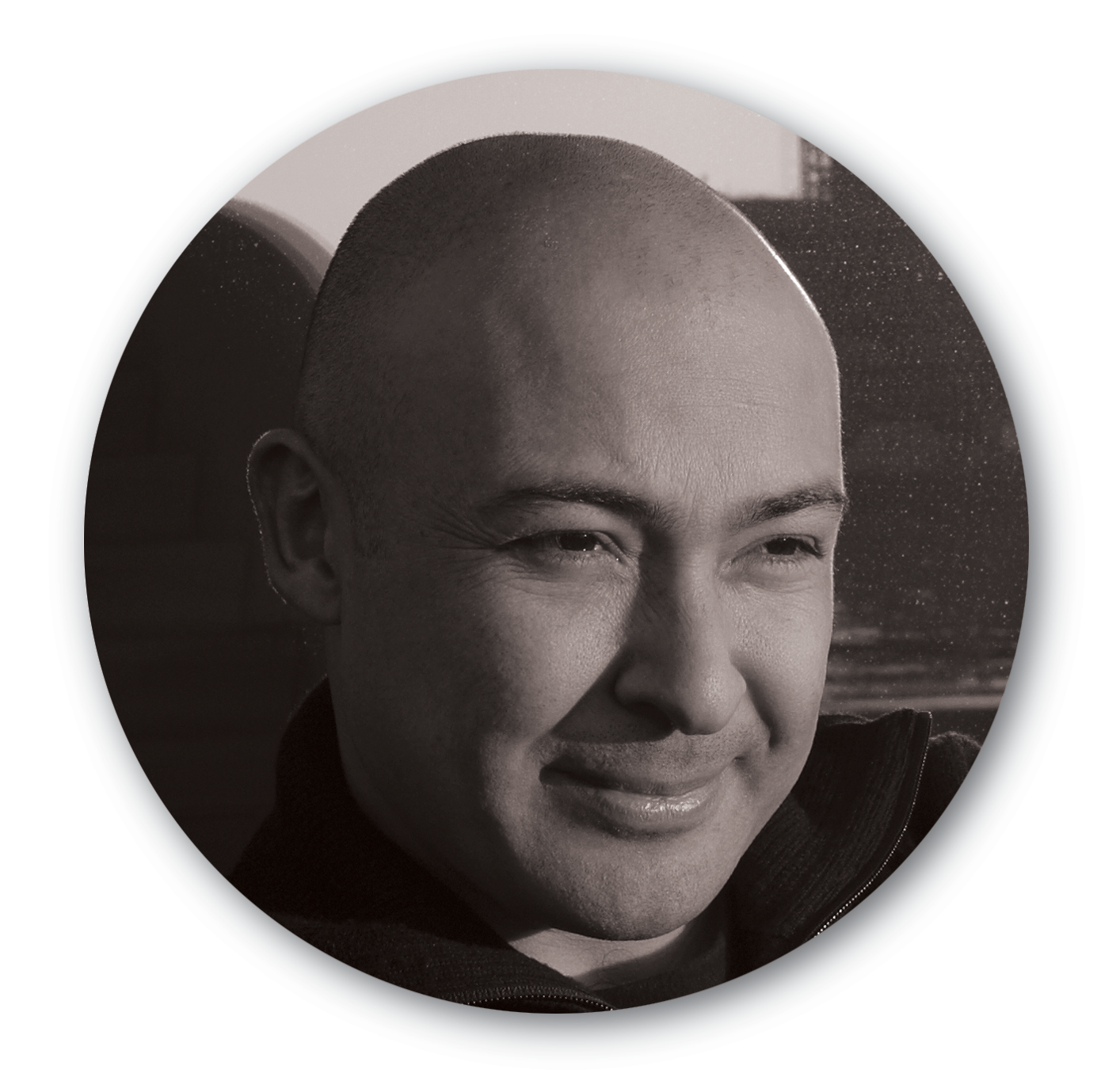 Felix Madrazo, The Why Factory
Felix Madrazo, The Why Factory
5.
Ekim Tan
Dr. Ekim Tan is the founder of Play the City – a serious game design consultancy operating in both Amsterdam and Istanbul, that helps governments and market parties effectively collaborate with stakeholders. She has enjoyed periods of study and work in the United States, Syria and Egypt. Her doctorate at Delft University of Technology has since been published as a book titled “Negotiation and Design for the Self-organizing City: Gaming as a Method for Urban Design”. Play the City’s method has been applied to projects across the globe, in Istanbul, Amsterdam, Brussels, Tirana, Cape Town, and others. Ekim regularly gives guest lectures and training sessions about cities and games at the Technical University of Delft, Aleppo University for Arts and Sciences, Rotterdam Architecture Academy, Amsterdam Architecture Academy, Copenhagen Business School, and Middle East Technical University.
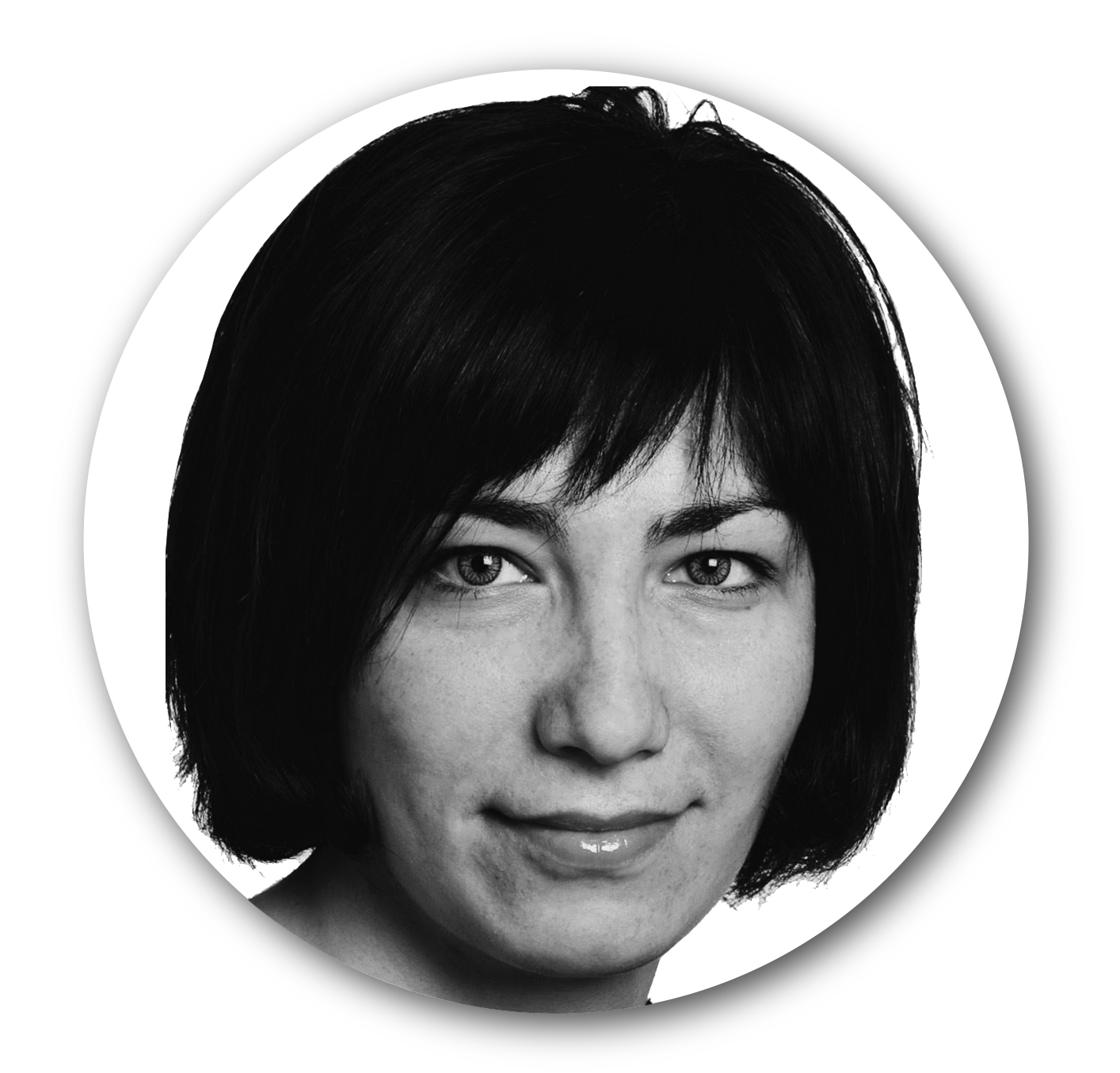 Ekim Tan, founder of Play the City and co-founder of Games for Cities
Ekim Tan, founder of Play the City and co-founder of Games for Cities
Games to Play at the Conference
10 games will be on hand and ready to be played at the conference if you’re interested in experiencing the fun for yourself.
Respective game designers will be running sessions themselves. Be sure to register for each game and it’s respective time-slot in the morning of the conference to make sure you get a spot!
In the Loop
(with Katherine Whalen)
A board game requiring players to collect materials needed to manufacture products, teaching the need for diversifying resource use away from critical raw materials.
Read our review of the game here
See video here
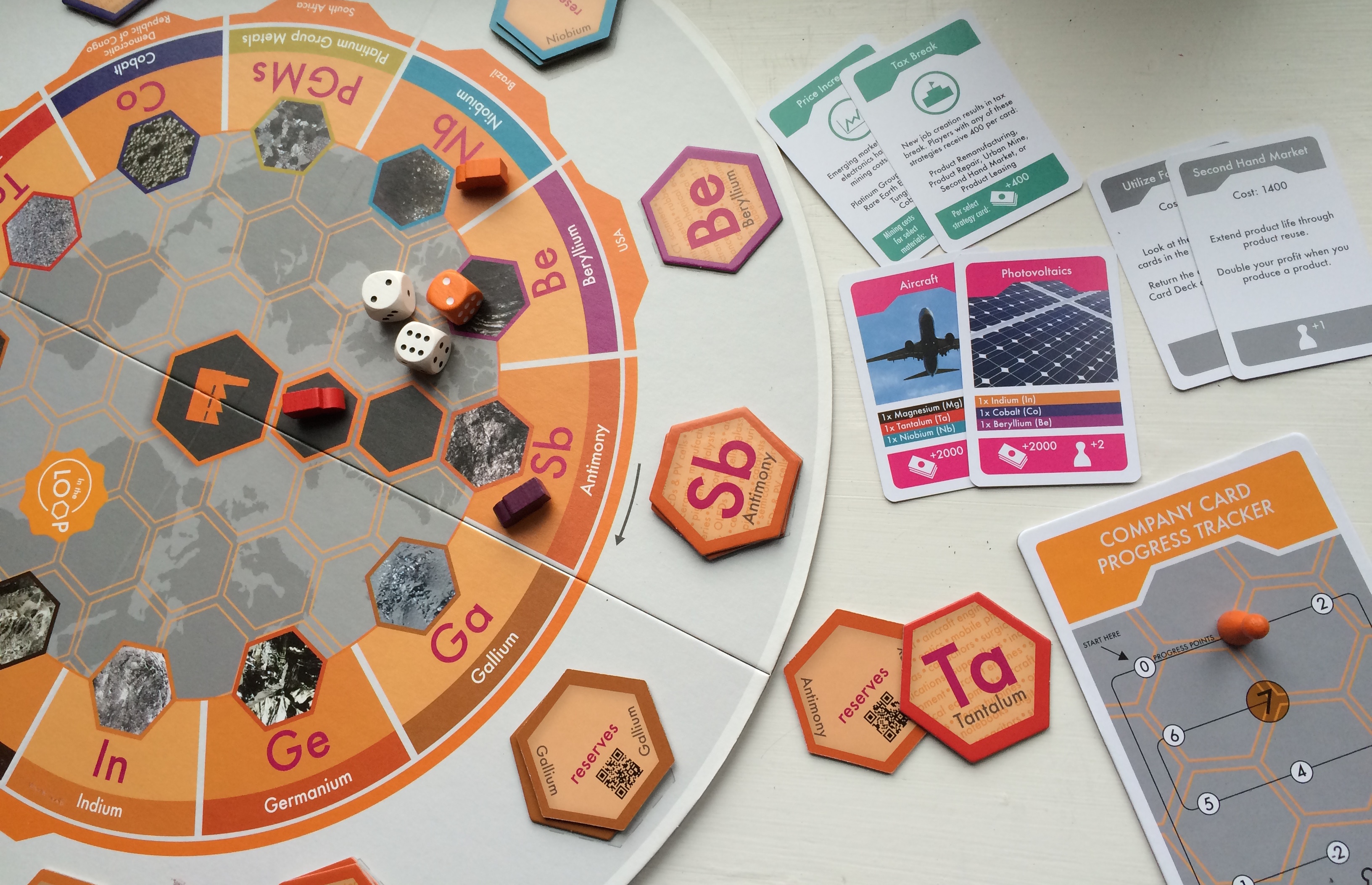
The Maritime Spatial Planning Game
with Wilco Boode and Harald Warmelink
A hybrid digital/analogue game that has been likened to a SimCity of the ocean. It utilises complex and real datasets to bring multiple stakeholders together in making real spatial planning decisions in the North Sea. Only digital workshops of the game will be run at the conference, without the assistance of the physical game board.
See video here
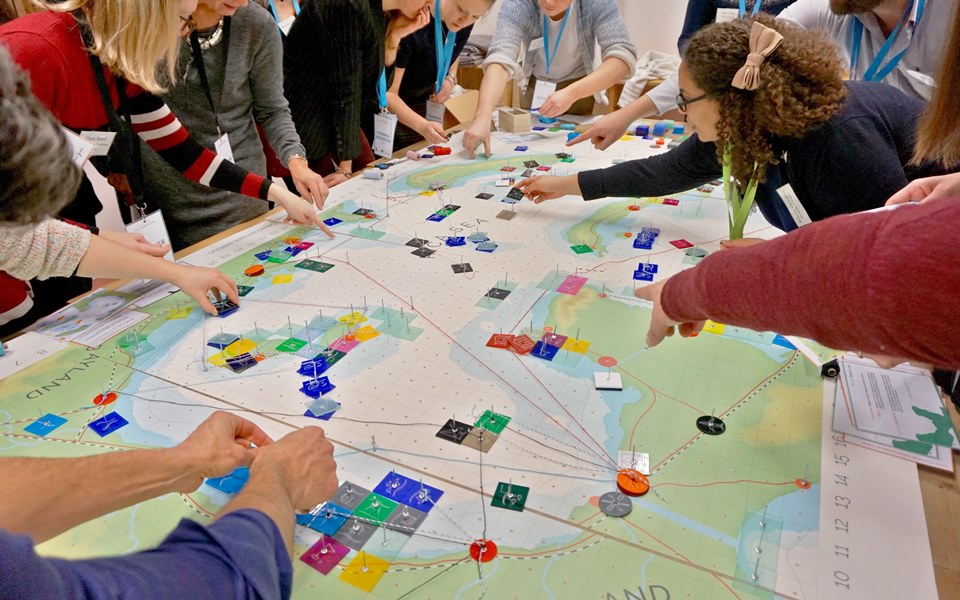
Ego City
with Felix Madrazo
A digital game that challenges the loss of personal identity usually associated with high-density high-rise vertical cities.
Read our review of the game here
See video here
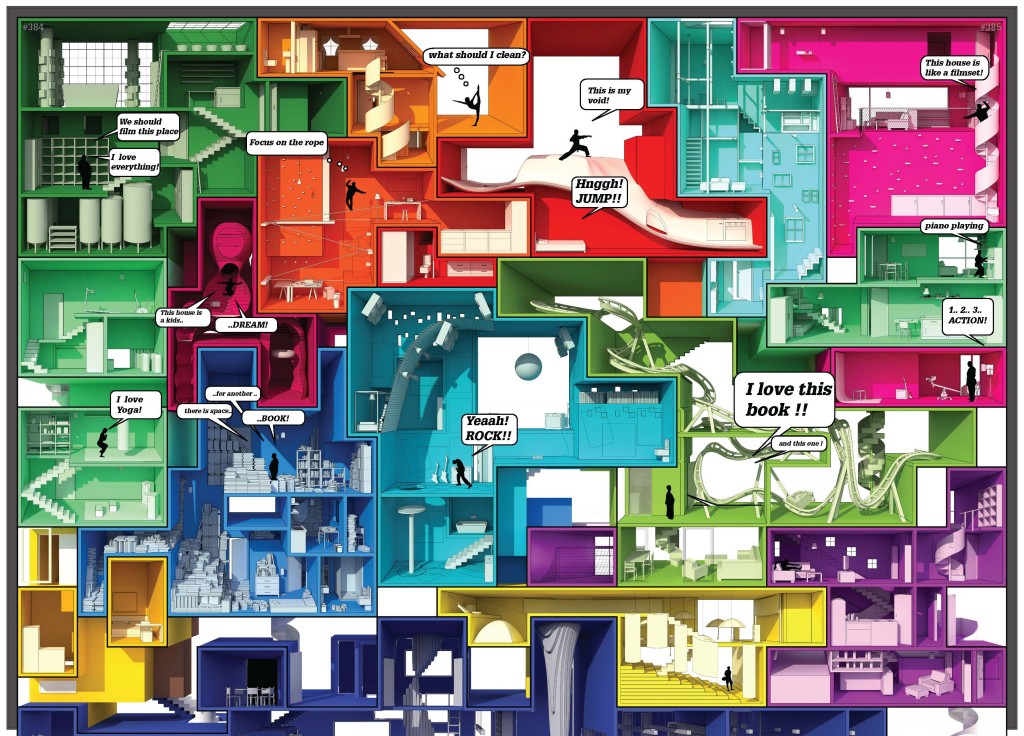
Bycatch
with Kars Alfrink
A card game about flawed surveillance, impossible decisions, and the people caught in between (for 3-5 players). In Bycatch, each player controls a nation on the hunt for suspected terrorists, as players try to locate and eliminate suspects hiding abroad using drone surveillance and strikes. Meanwhile, they must shelter their citizens from the attacks of their opponents. Who will gather the most accurate intelligence and strike with the least collateral damage?
See video here
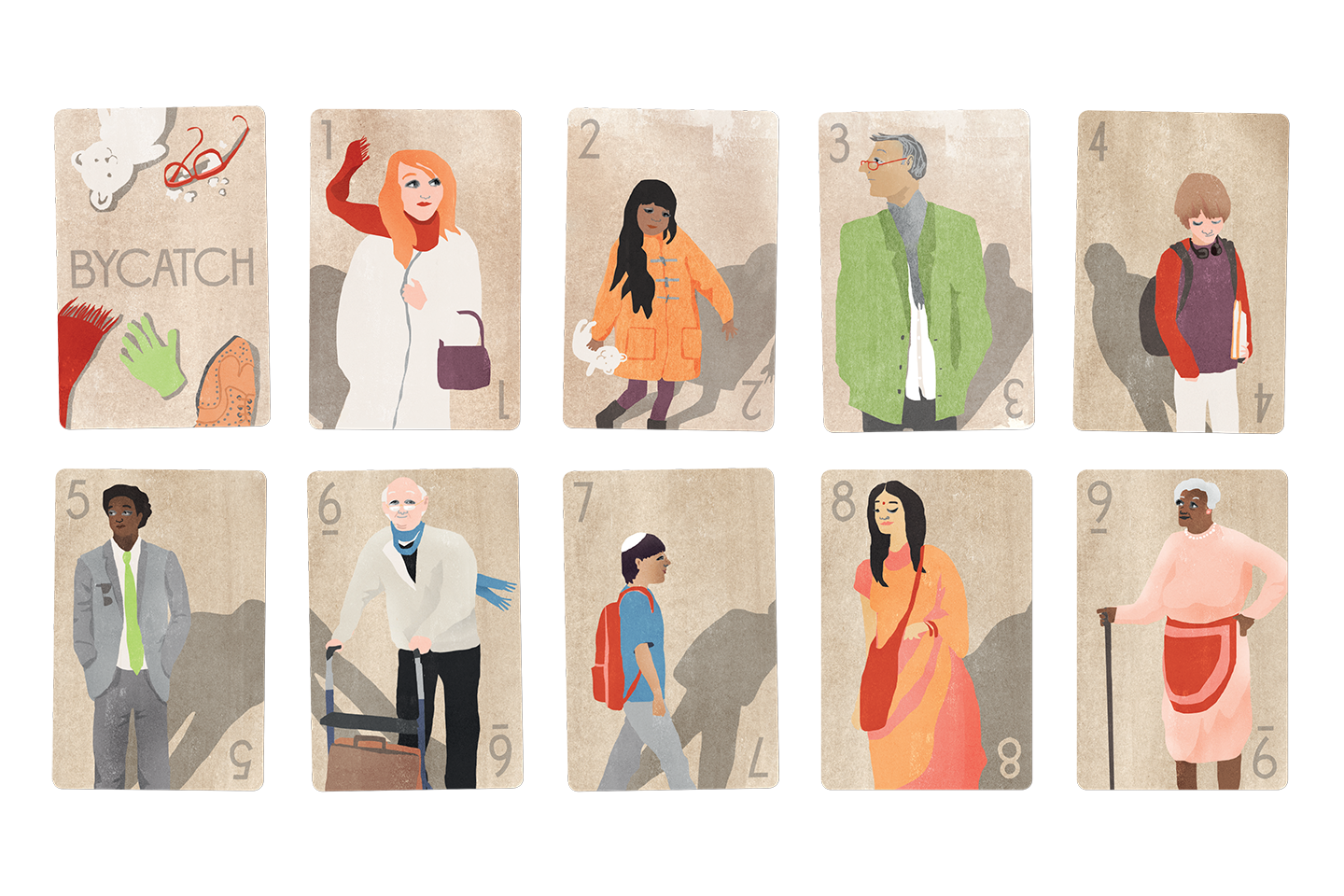
Redesire
with ‘Rezone’
A game that plays with the different interests at stake for various role-players involved with urban development. It creates a ‘map of interests’ which serves as a new blueprint for efficient and long term urban planning.
Read our review of the game here
See video here
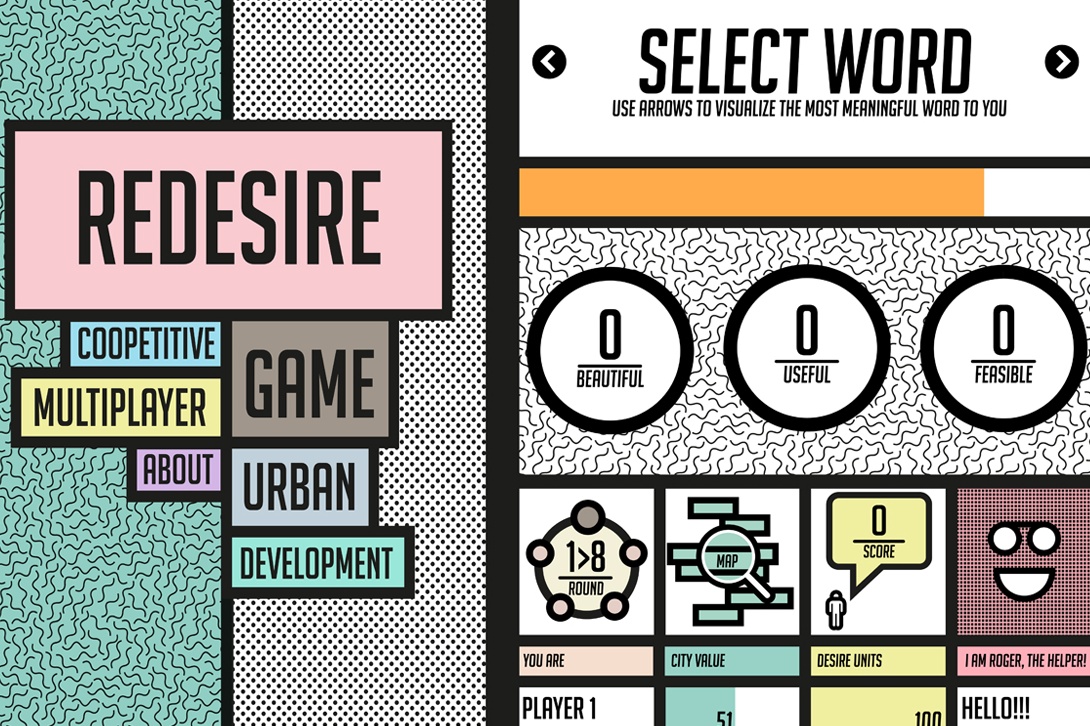
Refugee Scenario Planning
with Eric van der Kooij
The city of Amsterdam developed a serious game for the Jordanian government on scenario planning. It focusses on the future planning of the Mafraq region which contains one of the largest refugee camps in Jordan, bringing different perspectives and stakeholders into the debate. Since the region depends highly on donor funding, the game functions as a tool for establishing collective ambitions between local, regional, national and international stakeholders.
See video here
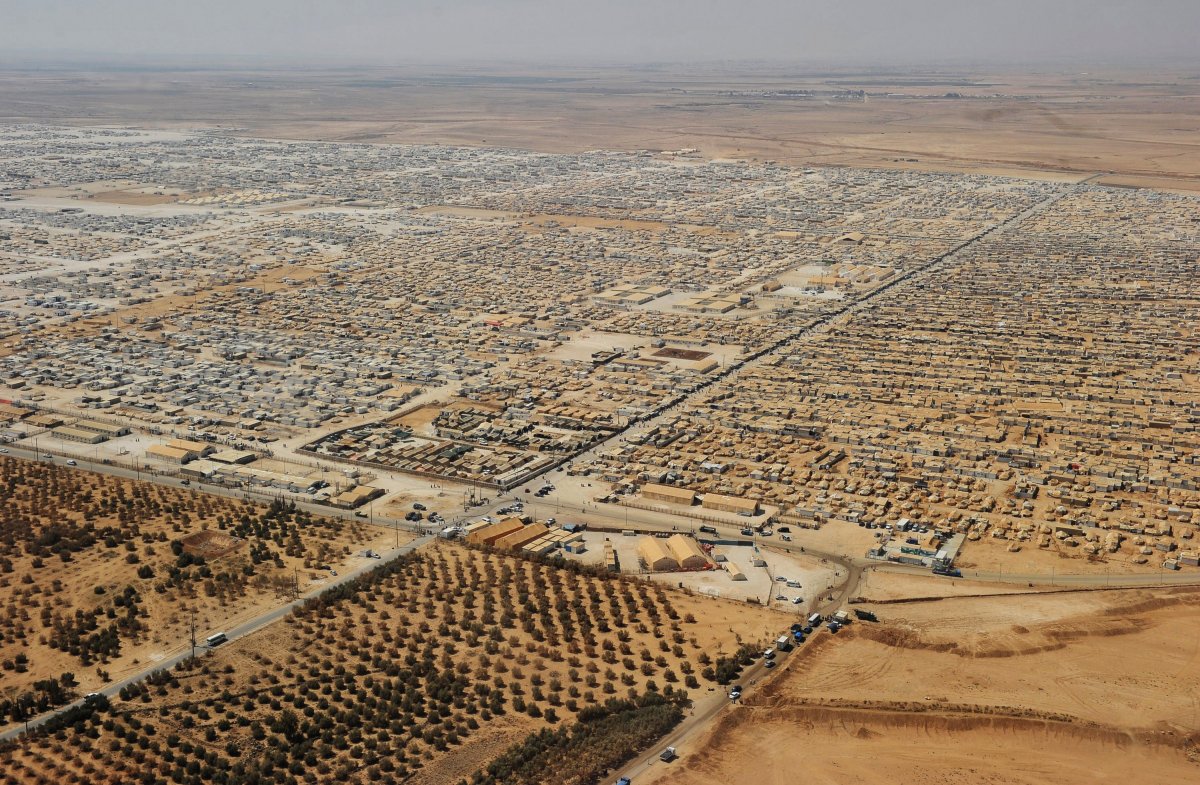
The Water Game
with Karel Millenaar and Ben Schouten
A scenario-game to understand complex water-related issues with multiple stakeholders.
See video here

Energy Safari
with Cristina Ampatzidou
Created under the framework of the project Playing with Urban Complexity (Play!UC), Energy Safari familiarises players with the overall policy vision for energy transition in the province of Groningen through stimulating civic learning and collective efficacy. Players seek to realise energy-related projects by networking with other players and securing permissions and financing, while simultaneously dealing with the consequences of their actions and external challenges.
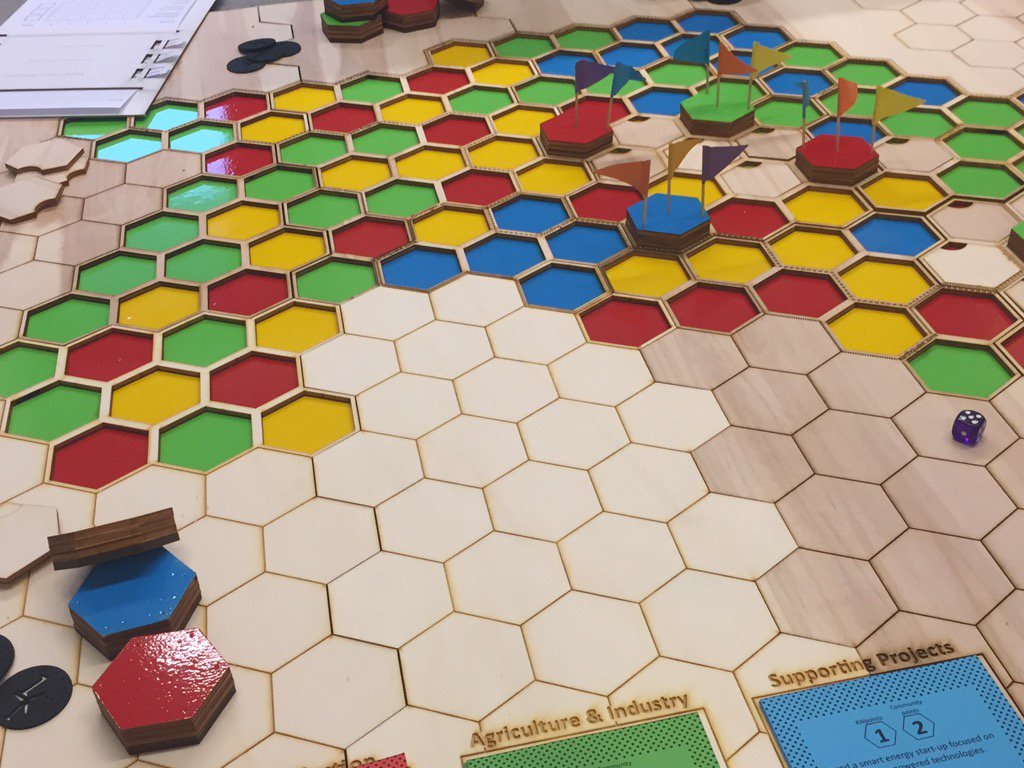
Project SUBMERGED
with Genèviéve Korte and Gabriele Ferri
Set in the year 2031, Amsterdam is submerged under water due to a catastrophic event – in this narrative-context based game focused on the future of technology and public spaces, players must make difficult choices and decide the fate of their fellow citizens in the process.
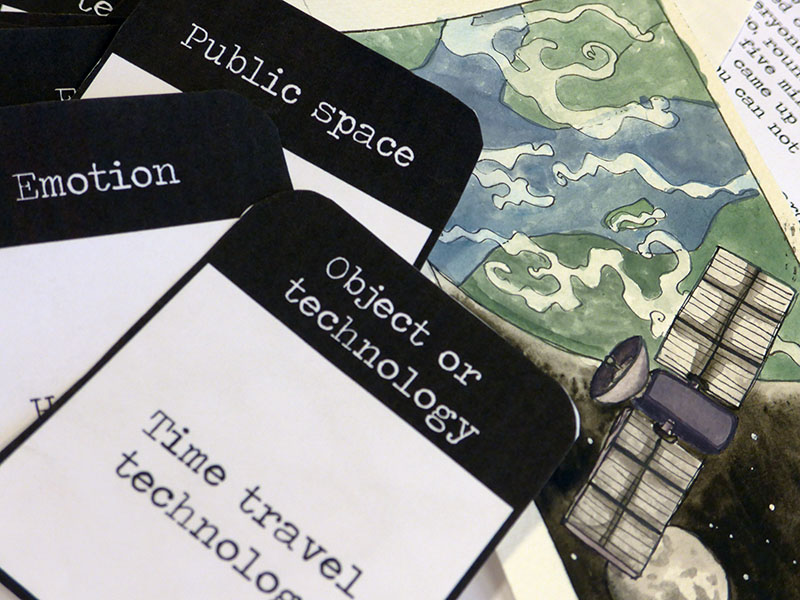
Metropoly
with Pieter Brouwer
A serious game using digital and analogue components, requiring players to make investment decisions for the Netherlands under 5 different development scenarios for achieving its 3-region metropoly.
Read our review of the game here
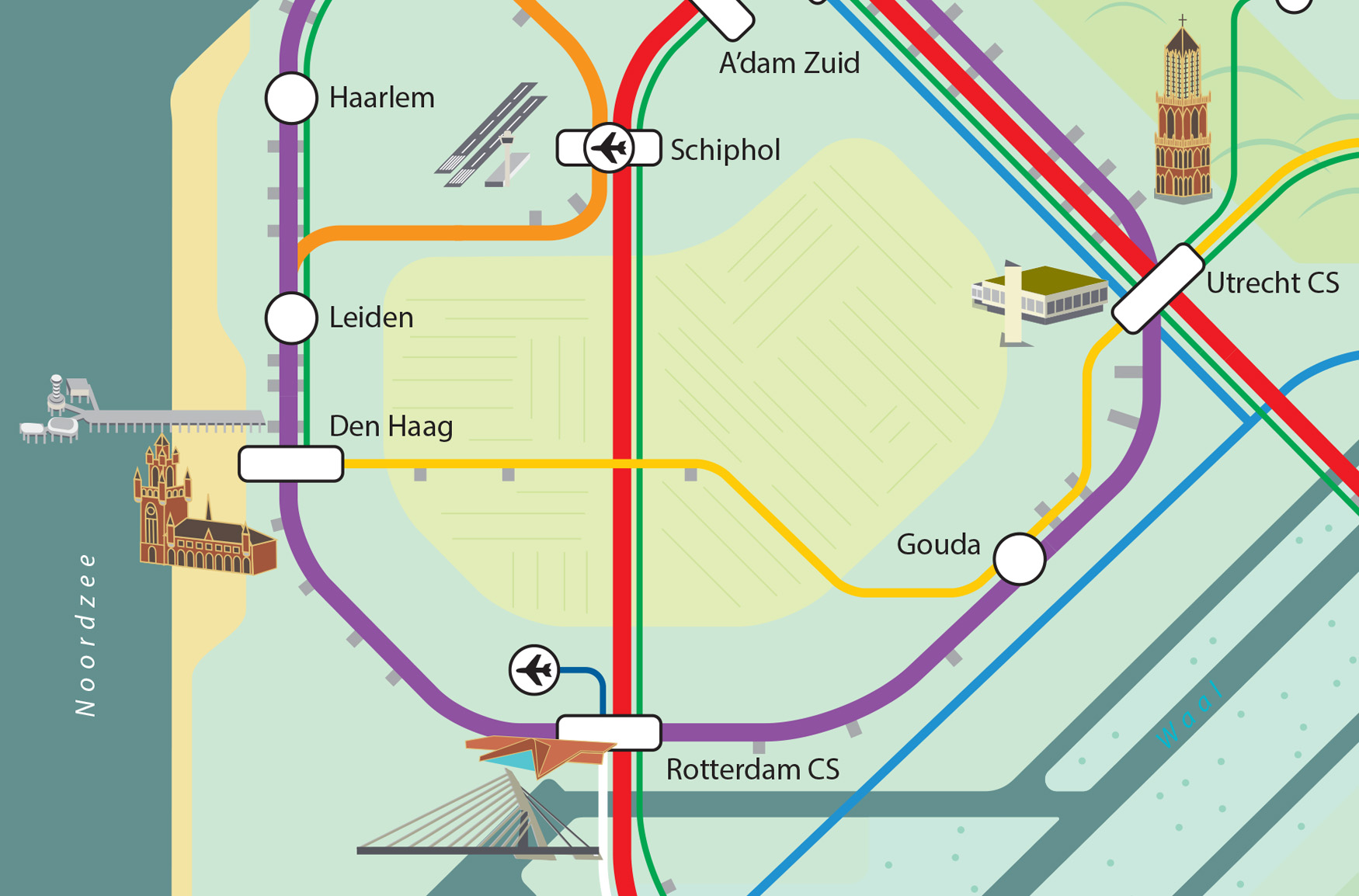
Squares
with Ohad Soloman and Ron Sabag, from Jerusalem
Join a workshop run by one of the winning teams in our ‘migration challenge’ competition, and find out how games can be used to work through complex design challenges in the fields of architecture and urban planning.
See video here
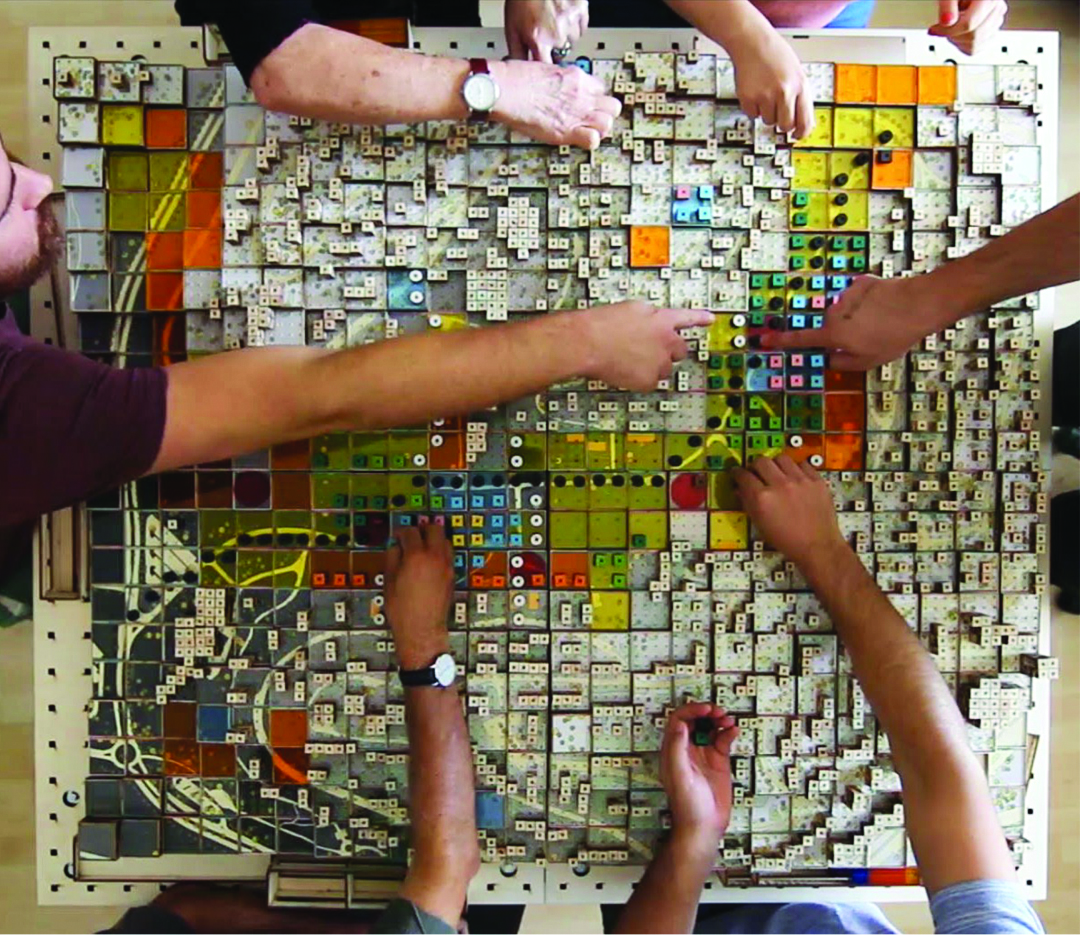
From Human to Human
with Maria Tome Nuez, from the Canary Islands
Join a workshop run by one of the winning teams in our ‘migration challenge’ competition, and find out how social media platforms can be employed to connect those in need with friends in deed.
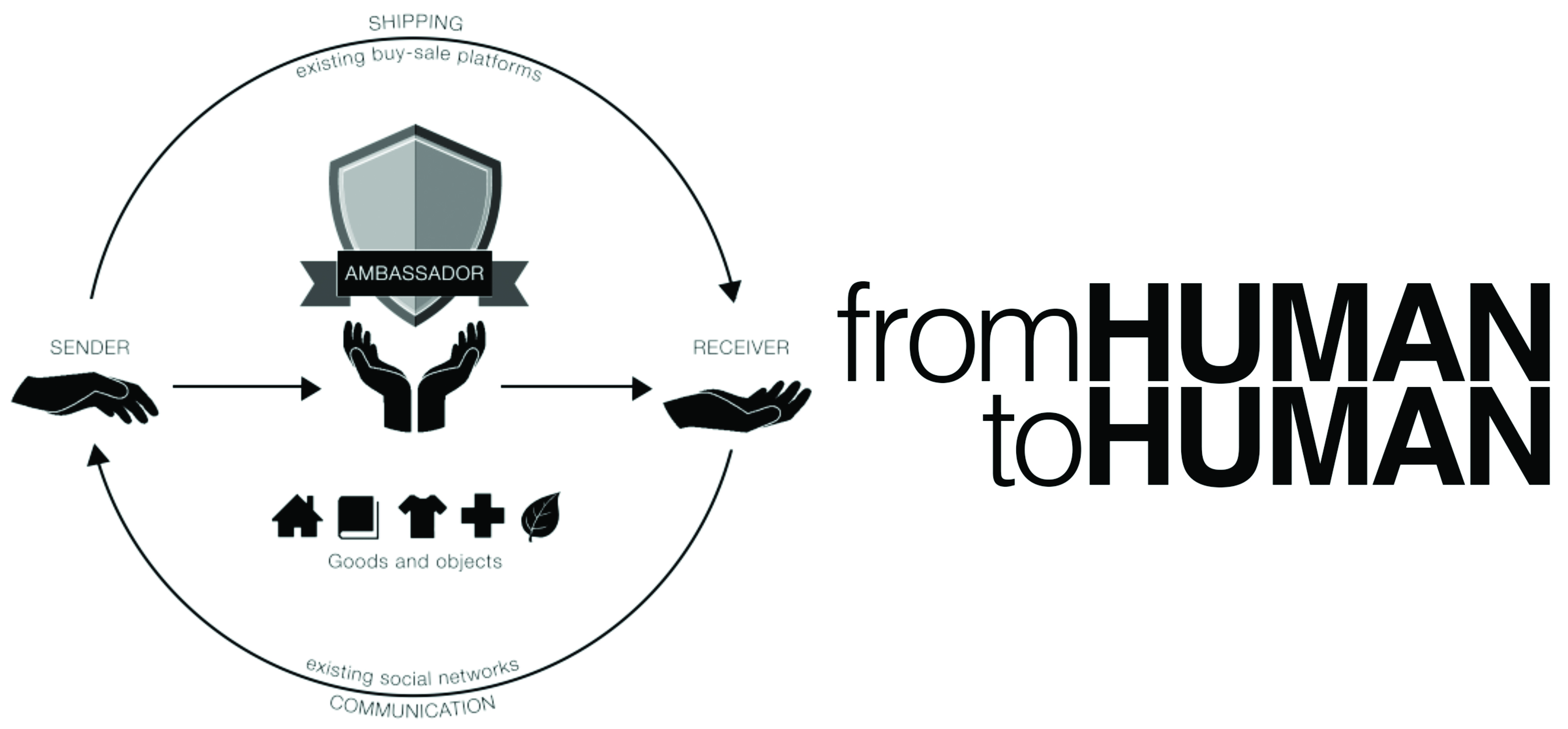
Doctoral Consortium
The half-day Games for Cities Doctoral Consortium provided an opportunity for Ph.D. students to explore and develop their interdisciplinary research interests at the crossroads between game design, city-making practices, bottom-up participation, and civic media. It took place immediately before the Games for Cities International Conference, on 20 April 2017, at Het Nieuwe Instituut, Rotterdam.
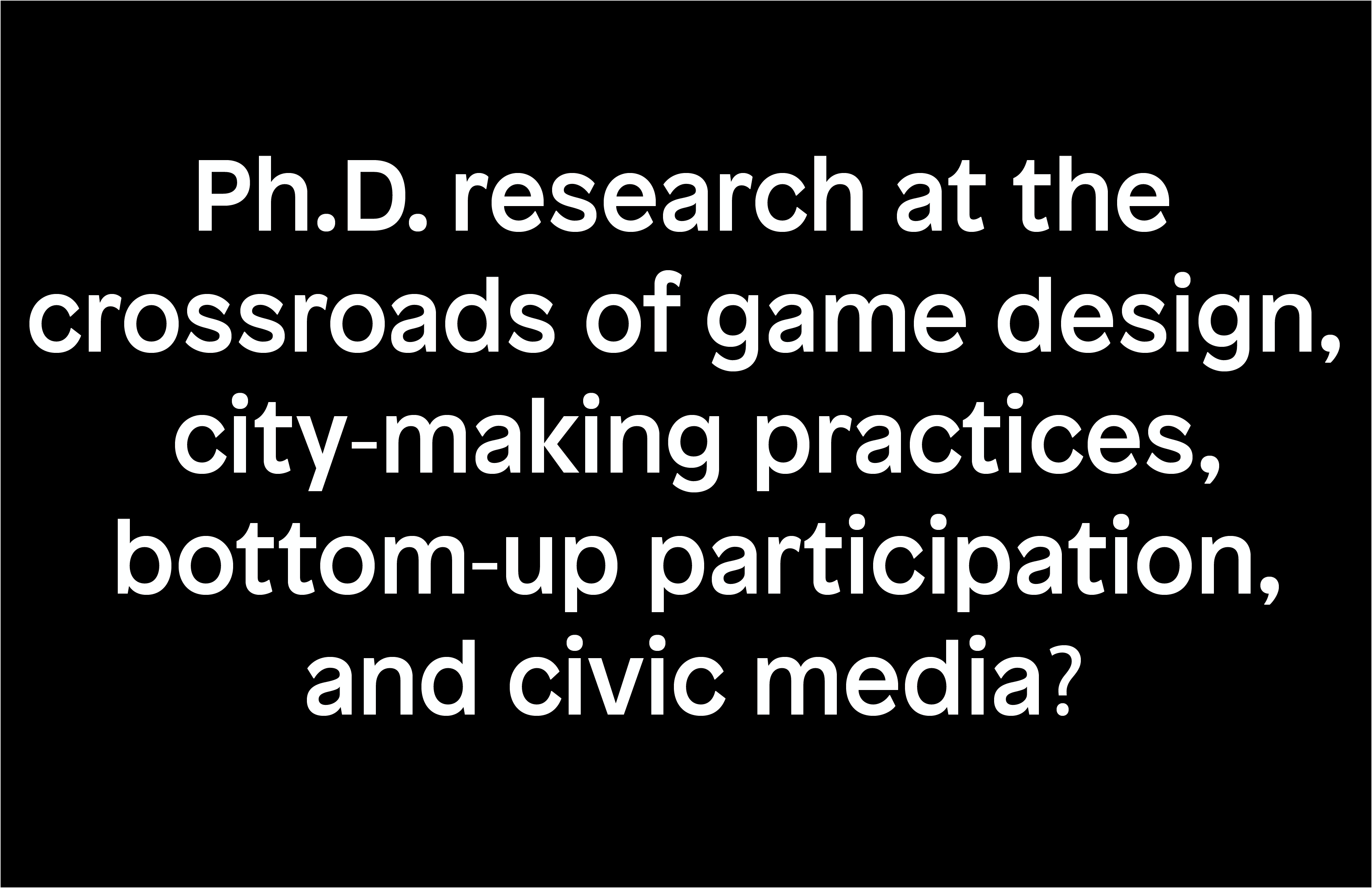
the substance of it
City-games are increasingly prevalent in the daily work of policy-makers, regulators, urban designers, smart city experts and architects. The Games for Cities programme contributes to this maturing field of city-making in two ways: by generating a critical and holistic overview of implemented city games, and by encouraging city-game designers to work closely with local governments. Organised by Play the City and partners in close collaboration with Het Nieuwe Instituut, this conference aimed at bringing Dutch city-gaming practices and international best practices into closer contact with one another.
This was an intriguing conference with keynotes on the potential values and pitfalls when designing and applying games for tackling urban issues. Wth Ronald Schneider, Rotterdam’s Alderman for Urban Development and Integration, opening the conference proceedings on Day 2, this was followed up by keynotes from Paolo Pedercini of Molleindustria, Eric Gordon from the Engagement Lab, Alfredo Brillembourg and Michael Walczak from Urban Think Tank, Felix Madrazo of The Why Factory, and Ekim Tan from Play the City. There were also 12 city-game break-out sessions organised to actively engage conference participants.